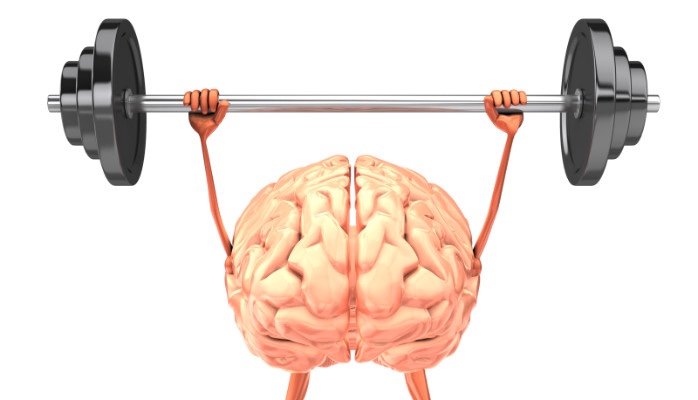When I was conceiving this article in my mind, the obvious introductory sentence was that “the brain is the most important muscle in your body”… The brain, a goop of fat through which electrical impulses go through not being a muscle notwithstanding, is not the most important part of our body. If the heart doesn’t pump blood to it, it shuts down… But the brain is often the most neglected part of our body because it should “just work”.

What am I getting at?
If you go do a check-up (you should by the way), your doctor is going to investigate your current state of health and suggest some course corrections if she or he sees the need for it. Eat your veggies, take vitamins, do more exercise, etc. Of course, a more drastic approach will be suggested if you’ve just had a heart attack.
The concept of caring for your mental health is, for many, the perfect analogy to the heart attack: you need a shrink when and if you are crazy, as all people who go to therapy are mentally ill.
This is not only the wrong mindset, it is a dangerous collective way of thinking that creates a form of social prejudice toward people who participate in therapy.
From my layman’s perspective and limited experience, I see one out of three possible reasons for going to therapy:
- You are suffering from mental illness and need treatment.
- You are suffering from an extraordinary amount of aggressors of psychological nature, like stress, abuse, burnout, etc.
- You wish to maintain your good mental health in check and wish to seek help from a qualified professional to assess if possible aggressors are affecting you.
Two of the reasons given above mention aggressors and this is not by chance. While talking about the first years as a parent with a professional, she described sleep deprivation, constant yelling and crying, and a tough time conciliating work and private life as one of the many possible aggressors to our minds.
And the perfect analogy to an aggressor in the spectrum of physical health is the COVID-19 pandemic or the yearly waves of the mutated flu virus that we struggle through.
The problem is that our mental health is hit by aggressors daily: stress, lack of sleep, marital problems, financial woes… Contrary to viruses, these things are a part of our lives and if you think that only people who are “cray-cray” need therapy, then you are missing out on the Vitamin C, buddy.
While I am appealing for therapy, there are other ways to maintain a strong and stable state of mental health. Exercise is an obvious choice, as the release of dopamine and serotonin helps improve your mood, meditation aids in focusing and introspecting on how to deal with aggressors and these are wonderful habits to have. There are also different levels of individual strength when it comes to dealing with what the outside world throws at us, but it is best to deal proactively than to react in regret. Keep your doors open to avoid desperately looking for a way out when they suddenly close.
Give your brain its veggies. Take it to the gym. But don’t forget to take it for a check-up from time to time.
![Karsten Baumgartl [dot] com](http://beta.karstenbaumgartl.com/wp-content/uploads/2022/12/IMG_20170409_190434_inverted.png)

